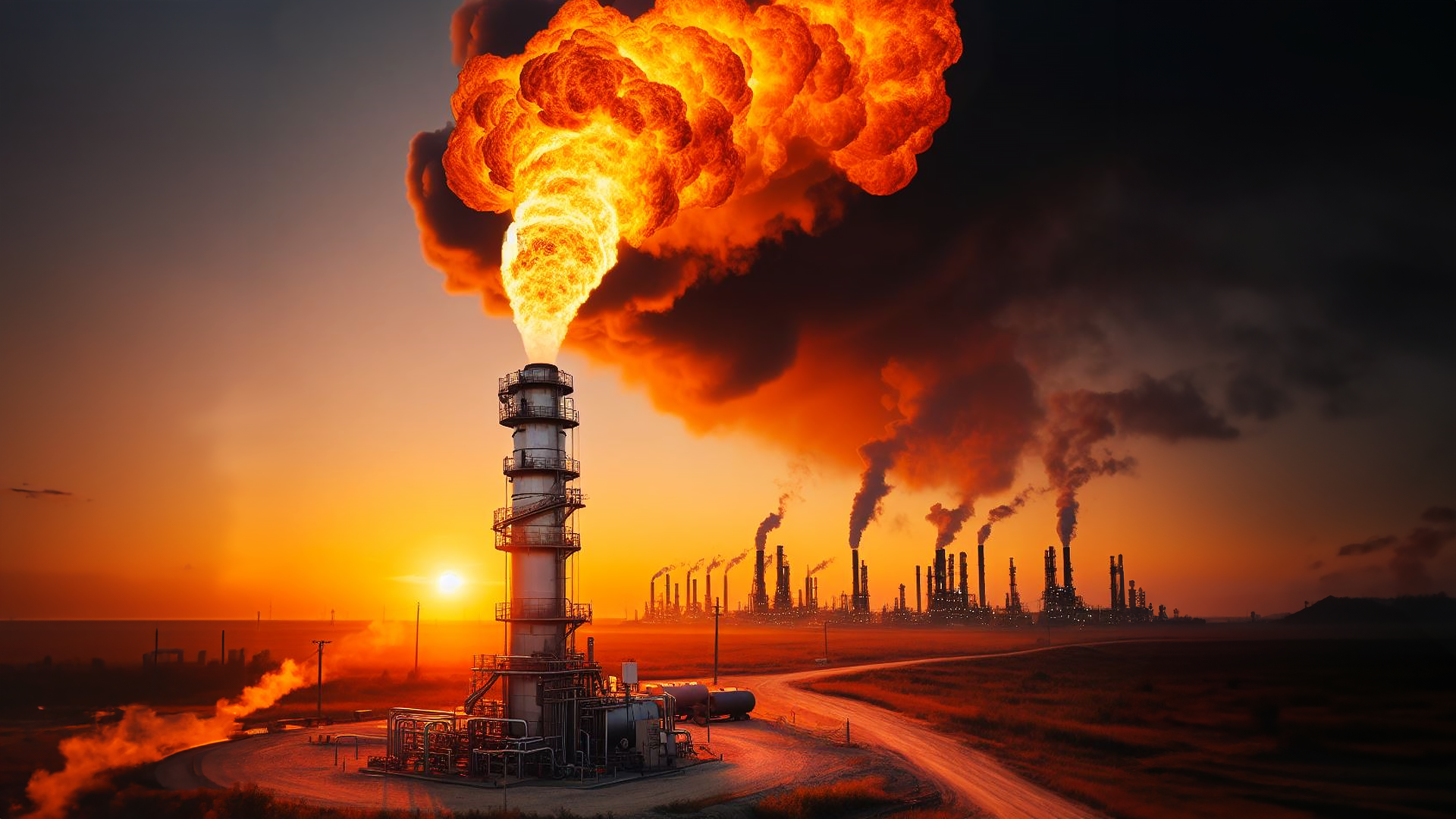Under a new climate law introduced by the Biden administration, US oil and gas companies will soon have to pay a fee for methane emissions that exceed a certain threshold. Could this be an effective deterrent for repeat offenders?
It’s a poorly kept secret that methane is an ecological scourge on our planet. In-fact, the gas is responsible for a quarter of recorded climate warming linked to greenhouse gas emissions.
Within the US, a nation which trails only to China for its carbon emission toll, methane plays a significant role in the big picture of the region’s dirty footprint.
Methane, after all, is the second-most abundant greenhouse gas after CO2 and is reportedly 80 times as potent in terms of short-term warming – meaning achieving the terms of our immediate climate goals looks increasingly pie-in-the-sky without drastic change.
This lesser talked about ecological foe enters the atmosphere by the metric ton from leaky pipelines, drill sites, and storage facilities. The US witnesses some of this from a distant perch using dedicated satellites set up by the UN, though blind spots still persist.
As well as inadvertent damage, it’s become common practice for energy facilities to burn excess gas at a production site in a process known as flaring, releasing huge volumes of methane, black soot, and nitrous oxide in the process. You’ve seen Mad Max, right?
This problematic disposal method has been ongoing for decades, but the Biden administration’s latest efforts to curb the damage of methane are a cause for cautious optimism.
Last week, it was announced that a new climate law will soon dole out penalty fees to companies burning off vast amounts of methane or failing to stem leaks in their infrastructure.




















